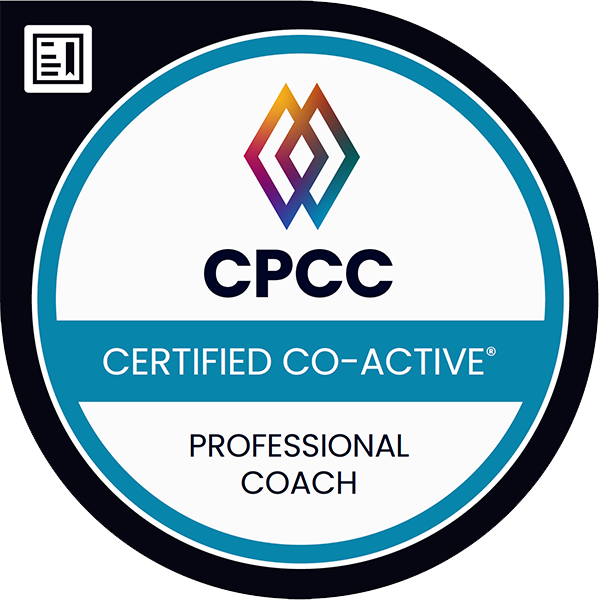Trauma is a word that evokes pictures, often unpleasant pictures, of accidents, wars, violence. Pictures we wish we could erase from our consciouness, and sometimes do. I’ve always mostly associated it with physical pain, visible to the eye. Pain we can see. As I continue to stretch into new awareness and understanding I’m expanding that perspective and seeing the full spectrum of what trauma is. What it means, and the not so visible impact that trauma can have.
By definition trauma is ‘a deeply distressing or disturbing experience’ or ‘physical injury’. It’s the term ‘deeply distressing’ that can cause the haze to form. That which is deeply distressing to one may not be even apparent to another, for we are all different, as unique as our own fingerprints, and designed by every interaction we’ve ever had. So we often don’t even know or acknowledge when we have personally experienced trauma, letting it covertly take root in us and in fact sometimes come to let it define who we are, and what we believe about our world. It’s the tendency to compare that trips us up, that keeps us from naming it, or acknowledging it. If it didn’t cause physical injury, or wasn’t devastating, we tend not to give ourselves permission.
My own experience of this is only just becoming apparent to me. As I grow older and delve deeper into knowing myself I begin to realize the impact of particular experiences on my highly sensitive younger self. The reactions those experiences elicited from me, and what I learned to expect, and how I coped, all became internal automatic responses as I got older and encountered similar situations. Survival mode was my go to. Make the noise stop, do whatever it takes to create calm. The stories swirl around in my head, and still bring up the same visceral reaction in my body. It can be debilitating, not in the sense that I can’t move or function, but that I am not consciously choosing my response, something else takes over.
As we learn to see what trauma is for each of us, we can give ourselves permission to process the events that created it in the first place. To recognize that those events, whatever they were, were not in alignment with how we want to live, and how we want to be. Resilience allows us to thrive in spite of past trauma, and sometimes resilience is what allows it to stay hidden. But acknowledging what we've been through is the gateway to real freedom.
Recognizing trauma is necessary to letting it go. It’s not necessary to relive it, but to call it what it is and not let it define us. For me that process flows in waves, each successive wave taking my breath away a little bit less, leaving me feeling exfoliated, but from the inside. Lighter, and stronger. With an ocean of fresh possibility stretching out ahead of me.
First published on Huff Post Blog July 20, 2016



